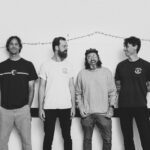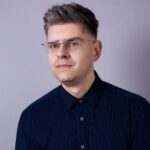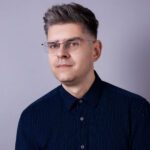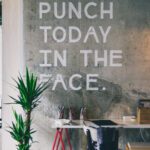Elevate your business with Stephen Hunt’s success secrets
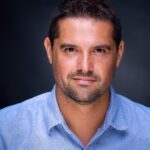
Get to know Music Health, a venture-backed company that uses Precision Music® to enhance health and well-being. Learn about their growth strategies, the importance of a great team, and the impact of winning the Pause Awards.
In the startup landscape, it’s rare to encounter a venture that seamlessly blends music with health and well-being. Music Health, a company that has done just that, shares insights on business growth, the significance of a great team, and the influence of winning the Pause Awards in this exclusive Q&A with Stephen Hunt, Co-CEO.
Q: How did you grow your business? Any good tips?
It’s really important to identify a problem worth solving that you’re incredibly passionate about and that you are somehow best positioned to solve. It’s a true needle in a haystack that took me over a decade to find from when I started looking and for me, it ended up being the vision of my Co-Founder Nicc Johnson that stuck the right chord with me. Having the initial drive to solve a certain problem as a founder is the most important thing as the idea will almost certainly change as time goes on – especially once you get your first customers.
The other thing to work out as early as possible is whether you require venture capital to make it work. Less than 5% of companies formed are venture-backed and of those that are, most will fail. We needed venture capital to build sophisticated AI technology before we could engage customers so have been forced to grow the company on small capital raises. It’s a really hard and uncertain path to have to rely on external capital to fund your pre-revenue years and I would urge budding founders to try to find a simple way to start with paying customers if at all possible.
If you do require venture capital down the line, it will be far easier to get investment if you already have revenue traction. It goes without saying that you need to focus on hiring great people and developing them as this will give you leverage to continue growing. Hiring A-grade talent is hard when you can’t afford to pay them what they are worth so you need to go back to the start of this paragraph and have a compelling solution you are trying to bring to a problem worth solving that is strong enough to entice top-talent to believe and follow you in.
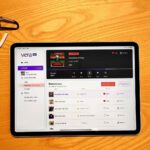
Q: What does success look like for your business?
We’re an impact business so our mission is focused on impacting as many people as possible rather than spinning up another fin-tech for the sole purpose of making people rich. Our vision is a world where anyone can leverage Precision Music® (personalised sounds that can shift a physiological or emotional state) to improve their health and well being. This means our technology needs to be available to people experiencing a variety of health challenges where music can assist such as dementia, Parkinson’s, depression, anxiety, autism, palliative and disability care.
Broader than that, we hope to expand into the wellness and fitness sectors over time addressing health from the perspective of prevention right the way through to acute care… and palliative. We actually have a fun prototype kicking around for prenatal care that I hope will see the light of day at some point in the future. I can imagine a world where Precision Music® is supporting a person’s well being from the moment they are conceived all the way until they pass.
Based on the research available and the anecdotal evidence we are seeing, we believe this life supported by music will have far superior health outcomes and enjoy a significantly improved quality of life. We have a long way to go but are seeing incredible evidence with our current focus on end of life.
Q: Any exciting business plans coming up in 2023?
We’re in beta with our API product which is going to greatly accelerate the mission by delivering reliable, repeatable revenues from our Vera product while also allowing other companies to build Precision Music® experiences. With product market fit now firmly cemented across our VeraPro product in residential aged care and hospital settings, we’re preparing to expand into the at-home setting through care plan providers.
This approach requires some product work but this market will act as a feeder for the current channel focus and is where all the government funding is being focused. Other than that, we are raising our seed round (yay) which is a tough ask in this climate but we feel that we are a unique, de-risked, bluesky opportunity creating a new (but huge) market opportunity that investors are signalling is ready for the next phase. We’re doing a lot of work to build systems and processes to handle the exponential demand our customers are forecasting as we grow with them.
Q: What’s the single most important skill in business? Why?
Hiring! Without great people, you won’t get anywhere. Learn to find, develop and retain amazing people and you will succeed at anything you focus on. It’s really time consuming to do the HR work when you’re small but there is no other element of your day that will deliver a better return for time spent.
Your culture gets less and less controllable as you grow so be extremely deliberate in establishing the structure around it that you want early on and recognise that after the first 10 people (your cultural seeds), you will largely lose control of it and it will evolve on its own within the frameworks established. So it goes without saying that those first 10 hires need to be bloody incredible as they will dictate your future success more than anything else.
Q: What have you learned in the past year that you can share as advice?
If your business plan relies solely on raising capital, you’re playing with a high degree of risk. The markets have turned this year and it’s now much harder to raise so the focus on fundamentals of revenue and true growth become paramount.
Like most companies, we are now operating as lean as we possibly can which is putting a huge strain on the team to do more and more with less and less as we grow. This has led me to focus on my own health and make some personal sacrifices to operate at the highest level I can. I’ve spent most of the year abstaining from alcohol to ensure my sleep (which often gets hammered) is as effective as possible and I can perform at my best every day. I’ve had to miss a load of family and social events (definitely not sustainable) to deliver for my team and my customers.
But I firmly believe that the companies that survive the next 12-24 months will thrive on the other side. Getting there requires superhuman effort from everyone in the team. An old friend used to always say that it takes incredible pressure to make diamonds and this is the test for those of us trying to build a sustainable, long term business right now.
Q: How did the Pause Awards impact you/ your business?
Winning in the fashion we did gave us a great deal of confidence that what we are building truly matters and had the added benefit of building awareness in the investor community and beyond. We were thrilled to be a double-winner and are working hard to impress the judges again this year.

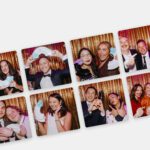

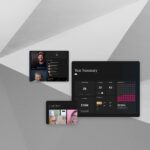
Related posts

How Entertainment Brands are winning hearts and minds
5 March, 2024

2023 packed a punch
17 January, 2024

The power of relationships with Dom Pym at Pause Awards Night
19 December, 2023
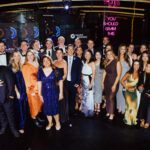
Six years of celebrating the Australian most ambitious innovators
5 December, 2023

M&A green shoots & scandal central
10 November, 2023
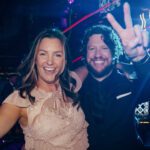
Announcing the 63 ambitious finalists, 3 winners and Pause Awards Night
30 October, 2023

Can optimism and curiosity win the battle with Ai
20 October, 2023
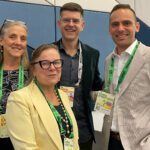
Looking at 100 years from now in Solar, EVs and MedTech
20 October, 2023

What does the Australia’s VC landscape look like in 2050
19 October, 2023
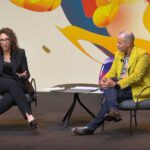
Do we want to live in a Black Mirror world?
17 October, 2023
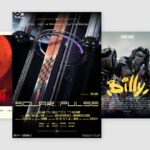
Four new emerging directors envision sustainable future beyond 2050
6 October, 2023

Visible Founders puts a spotlight on migrant entrepreneurs
28 September, 2023

Always be closing & IPO, no?
24 September, 2023
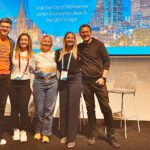
Strong commitment needed to run tech events in Australia revealed at GEC23
24 September, 2023
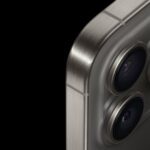
iPhone 15 event: everything about Apple’s new product line
14 September, 2023

Discover the colourful world of oral hygiene with Dsmile’s new range
13 September, 2023

How to build a company culture in dynamic market
8 September, 2023

The valuable startup lessons hidden in the film Oppenheimer
7 September, 2023
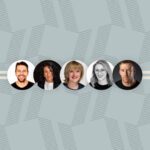
Meet the new addition to the Judging Board ‘23
4 September, 2023

Advice on Design Thinking for stellar product development
1 September, 2023
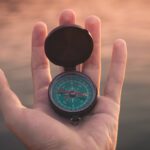
How Pause Awards can put your brand on the map
30 August, 2023

Seize the moment: New Extended Entry Deadline
30 August, 2023

I got 99 problems
26 August, 2023

Is AI the new frontier of creativity and business
25 August, 2023
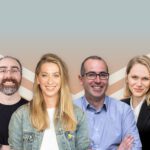
Tech legends unite to guide growth and foster innovation
22 August, 2023

The new faces of Pause Awards in business and the product officers
21 August, 2023

Don’t miss out on the last chance to join champions
21 August, 2023

Experience is a new frontier for brands
18 August, 2023

How to grow an idea into a great product
11 August, 2023

Good storytelling and trust will fuel startup and brand growth
4 August, 2023

Twitter to X: a rebrand to challenge tech giants and empower users
4 August, 2023

Discover the latest tech predictions of 2023
1 August, 2023

Lean into digital marketing trends now and in 2024
28 July, 2023
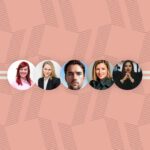
The new faces of Pause Awards from agency and media innovation
25 July, 2023

Hit it, DJ! and other local newsings
24 July, 2023

Female-led ethical fintech Verve raises $3M for Verve Money
21 July, 2023

How to better tune into your success journey
21 July, 2023

Pause Fest’s BREAK–THROUGH SESSIONS will keep you scaling
12 July, 2023

How to choose the right awards for your business
5 July, 2023
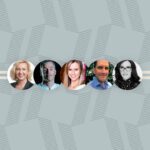
The new faces of Pause Awards in strategy and leadership
4 July, 2023

We’re building the community for the most ambitious people
27 June, 2023

It was worth waiting for these unique features
26 June, 2023

Mapping the future of fit and function
23 June, 2023
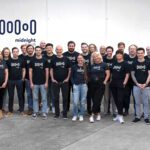
Midnight Health secures $24 million funding boost
21 June, 2023

Championing breakthroughs in today’s business world
21 June, 2023
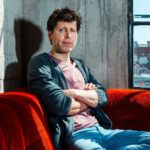
OpenAI’s Sam Altman says hai
19 June, 2023

Top 5 compelling reasons why you should enter
18 June, 2023

Pause Awards vs Webby’s, Cannes Lions and Effies
18 June, 2023
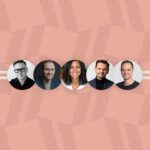
The new faces of Pause Awards in startup, product and experience
15 June, 2023

A tour of 11 new categories
12 June, 2023

Inside out of Pause Awards
5 June, 2023

Aim for the Diamond: Understanding the Different Categories
1 June, 2023

The new faces of Pause Awards in strategy, growth and innovation
30 May, 2023

Where business recognition gets a paradigm shift
24 May, 2023

Industry leaders predict a transformative year ahead
17 May, 2023
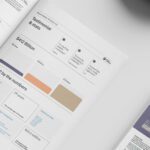
Pause Awards grows to $412 Billion ecosystem
17 May, 2023

Shaking it up with new Investable Score™
17 May, 2023

Tap into your inner powerhouse
5 May, 2023

Life in the fast (tech) lane
24 April, 2023

evee rides the electric wave
18 April, 2023

Big win for the female-led business Circle In, lands $2 Million
14 April, 2023

Designing global empires:
How local brands can conquer the world
10 April, 2023
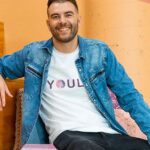
A passionate pursuit for Healthcare reinvention
4 April, 2023

The game-changing sessions at SXSW Sydney
30 March, 2023

Top AI tools you need to try now
29 March, 2023
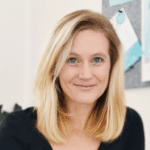
A journey to revolutionising healthy school lunches
28 March, 2023
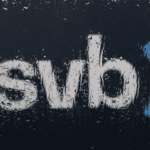
Panic! at the SVB & metrics that matter
16 March, 2023

Call for Entries
opens on 17 May ‘23
1 March, 2023
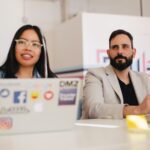
Startup funding in decline, but early-stage hits peak in Aus
10 February, 2023

Music for wellbeing:
The healing power of sound
20 January, 2023

Deep dive with ChatGPT about Aussie tech ecosystem
17 January, 2023

How it started; How it’s going 2022
17 December, 2022
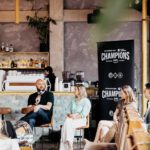
Learning from mistakes and how to tackle the upcoming headwind
14 December, 2022

Claiming your PauseNFT trophy
13 December, 2022
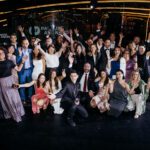
Women and purpose led businesses take the most wins at Pause Awards ‘22
6 December, 2022
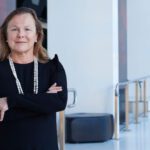
Professor Fiona Wood – The pioneer of ‘Spray-on-Skin’ technique, ReCell.
6 December, 2022

Rise and Demise
28 November, 2022

Let’s have breakfast with champions?
15 November, 2022

82 Bold Finalists Announced for the Pause Awards ‘22
10 November, 2022
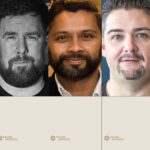
Judge Sessions with Lumigo, Tribal DDB and Clipboard Hospitality
24 October, 2022
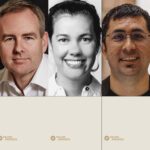
Judge Sessions with LongView, Fullstack and Art Processors
20 October, 2022
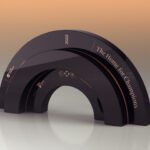
The first look at the new wearable trophy design
13 October, 2022

The Public Voting is open, go get them!
10 October, 2022

Cash to splash & other VC news
2 October, 2022

The Final Deadline Extended to midnight 14 October
30 September, 2022
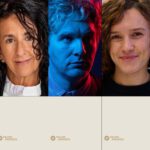
Judge Sessions with Wavia, SEIKK and MedTech Actuator
26 September, 2022
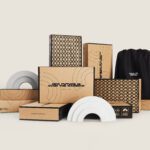
Pause Awards Wins Australia’s International Good Design Awards for Design Excellence
19 September, 2022
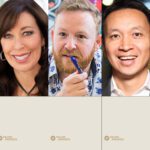
Judge Sessions with Synergy Group, AOK Creative and i4 Connect
16 September, 2022
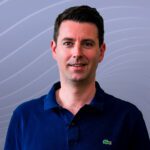
A word with Birchal’s Co-Founder – Matt Vitale
6 September, 2022

What can Pause Awards bring to your company
30 August, 2022

Google, Synergy Group, Spaces Interactive, Safari and By Jacs judges for Culture categories
24 August, 2022

Loyal VC, Media.Monks, AOK Creative, Storyfolk and Irene Lemon judges for Good categories
15 August, 2022

Fullstack, Lumigo, Netambition, MedTech Actuator and Unhedged judges for Operators categories
10 August, 2022
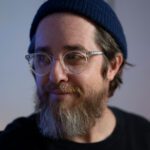
A word with Heaps Normal’s Head of Brand – Peter Brennan
9 August, 2022

Tribal DDB, We Are Unity, Bullfrog, BeautifulAgile and The Audacious Agency judges for your Excellence
2 August, 2022

Simply Wall Street, IBM, Forestlyn, CFOWorx and Accenture Song are this year Growth Judges
1 August, 2022

Venture snapshot: down but not out
26 July, 2022
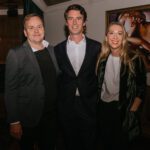
Best equity crowdfunding year in Australia – $86m!
22 July, 2022

How to navigate the awards Entry Portal?
14 July, 2022

Startup Genome ecosystem report 2022 review
10 July, 2022

We’re giving a voice to our community with a stylish newsroom design
10 July, 2022

Professor Martin Green
– The father of solar cells
10 July, 2022
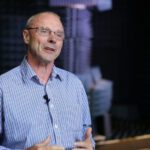
Dr John O’Sullivan
– The inventor of modern WiFi
10 July, 2022

14 New award categories under five tracks to highlight the ecosystem success
5 July, 2022
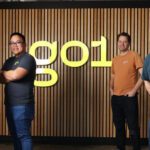
M&A on the rise & the EV SPAC demise
29 June, 2022
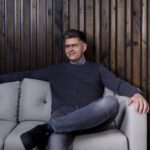
Our new vision:
The home for champions
27 June, 2022

Awards LIVE Briefing and Entry Kit
22 June, 2022

The Porsche of awards programmes with community at its heart
21 June, 2022

The Sheet Society
– Success Stories
17 June, 2022

We’re looking for our final few judges – could you be one?
8 June, 2022

Single Use Ain’t Sexy
– Success Stories
1 June, 2022

Afterpay
– Success Stories
24 May, 2022

This is how we celebrate innovation champions
15 December, 2021
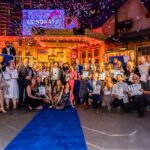
The most ambitious and forward-thinking companies in Australia revealed
24 November, 2021
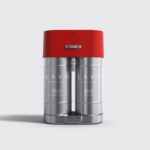
Pause Awards 2021 Finalists Skyrocket
17 November, 2021

Final Deadline is Looming
1 September, 2021
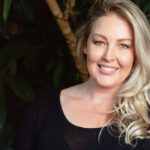
Get to know:
Carolyn Breeze – Judge
24 August, 2021
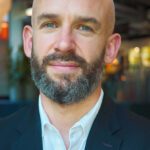
Get to know:
Will Hayward – Judge
17 August, 2021

Get to know:
Shamila Gopalan – Judge
10 August, 2021
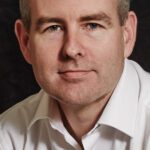
Get to know:
Tom Leyden – Judge
3 August, 2021
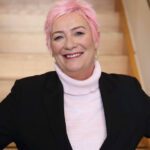
Get to know:
Jules Brooke – Judge
26 July, 2021

Get to know:
Jamie Finnegan – Judge
18 July, 2021

Early Entries end This Week
12 July, 2021

Need Help Entering Pause Awards?
6 July, 2021

2021 Award Category Guide
1 July, 2021

How to Enter The Pause Awards in 7 min?
25 June, 2021

Get to know:
Melanie Rayment – Judge
24 June, 2021
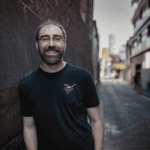
Past winners:
where are they now?
24 June, 2021

Pause Awards 2021 opens for entries
9 June, 2021

New categories revealed for Pause Awards 2021
5 June, 2021

Meet the Judging Board 2021
13 May, 2021

The Reign in the North
1 February, 2021

What went into creating Vincent, a hyper-real digital human
21 January, 2020

Dane O’Shanassy on Patagonia’s moral compass and commercial success
6 November, 2019
Pause index
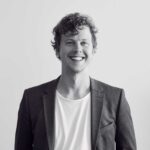
Byron Scaf
Do You Know Who I Am
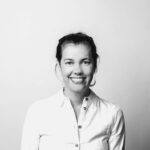
Vanessa Doake
Women In Business
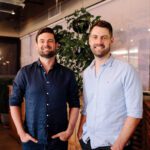
Bare Cremation
Defiant Ones, On The Rise

Wisr
Diverse Co., Work Sweet Work

Mel Stubbings
TopCoder
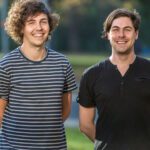
Matrak
Out Of The Garage
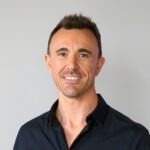
Removify
Defiant Ones, I Wish I'd Done That

Elena Kelareva
Super Connector
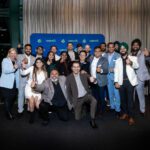
WeVolt
Culture Champion

Katura Halleday
Fresh Blood
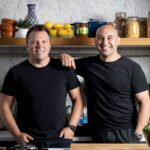
Providoor
I Wish I'd Done That
